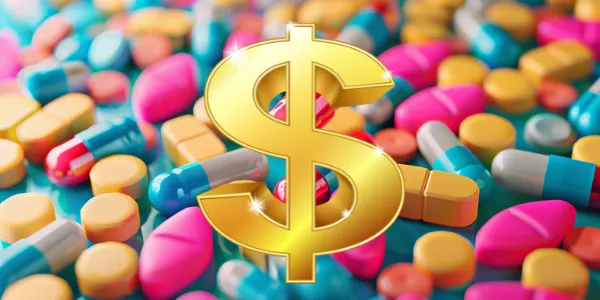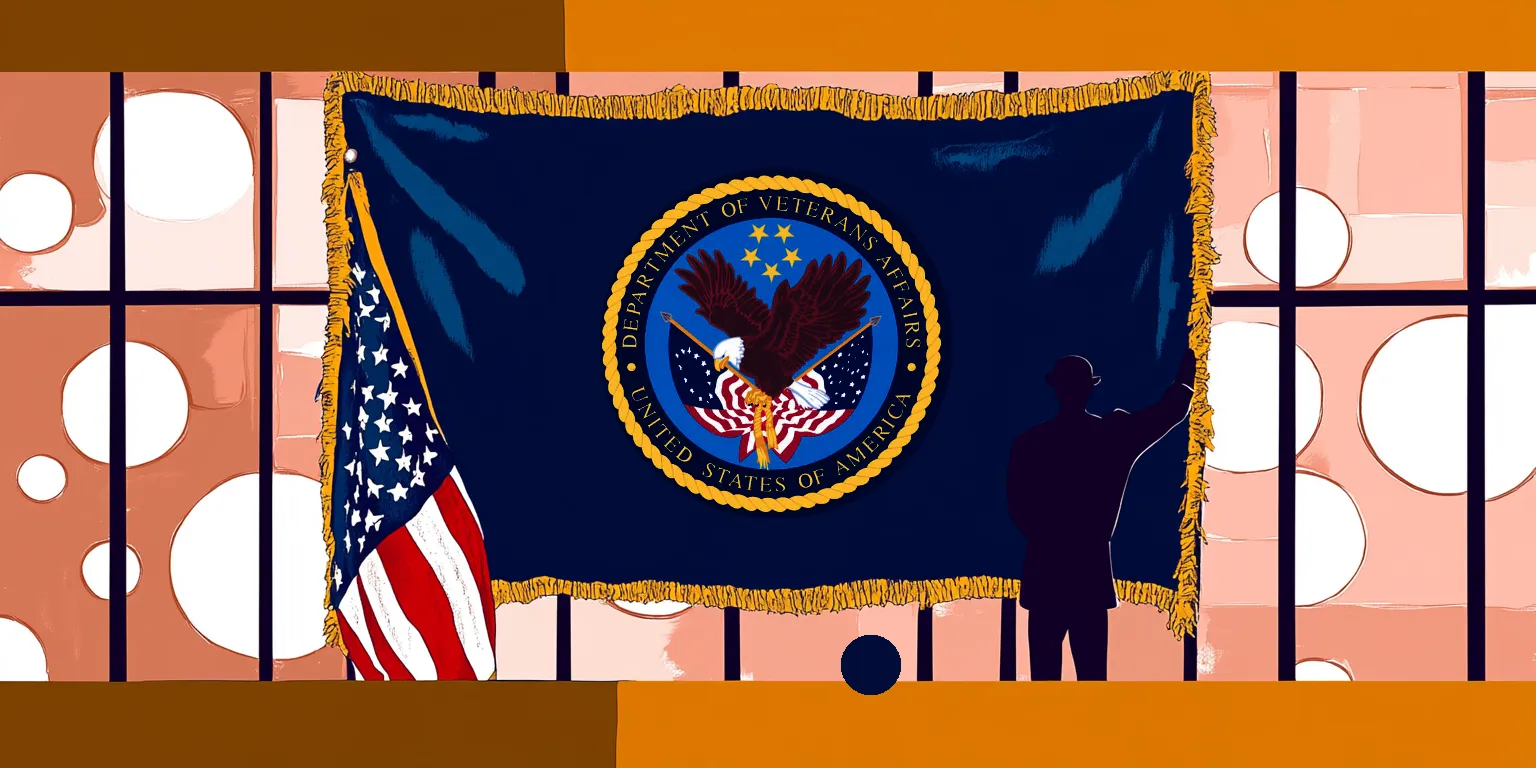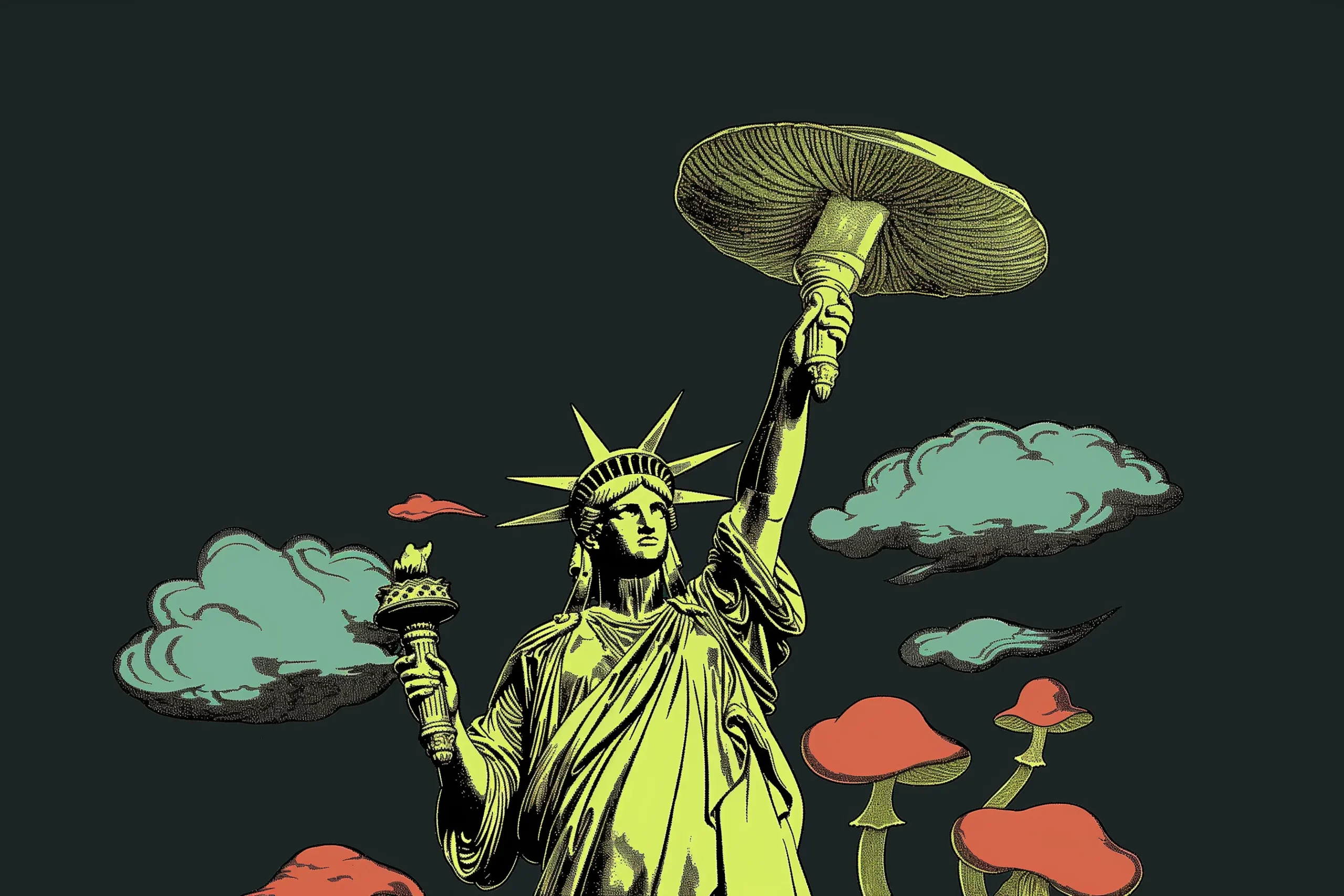TIn this week’s Psychedelic News Roundup, we detail a new study that shows natural psilocybin extracts may be more beneficial than synthetic variants for mental health applications. Other news includes Utah’s passage of a new MDMA and psilocybin therapy bill, several fresh scientific studies, Cybin’s FDA Breakthrough Status, and more.
Natural Psilocybin Extract Shows Superiority Over Synthetic in Mental Health Therapy
The study’s findings highlight the mushroom extract’s potent and enduring impact on synaptic plasticity, suggesting that the extract’s natural composition provides unique therapeutic benefits not replicable by synthetic psilocybin alone. The research also points to the mushroom extract’s distinct metabolic profile, indicating its unique influence on oxidative stress and energy production pathways, which could underpin its enhanced therapeutic effects.
Addressing the challenge of producing consistent natural extracts for medicinal use, the study emphasizes the feasibility of controlled mushroom cultivation. This approach could ensure the replicability of extracts with a consistent compound profile, overcoming a major hurdle in integrating natural psychedelic compounds into Western medicine. The findings not only advocate for the therapeutic superiority of natural psilocybin extracts but also underscore the potential for these nature-based solutions to fill a critical gap in psychiatric care, offering hope to millions who have yet to find relief through conventional treatments.
Keep Up with Uncensored Psychedelic Trends
Join our newsletter at Psychedelics Uncensored.
We respect and protect your privacy. By subscribing your info will be subject to our privacy policy . Unsubscribe easily at any time
MDMA-Assisted Therapy: Understanding the Low Risk of Addiction

As detailed by Neuroscience News, a comprehensive study published in JAMA Psychiatry explores the nuanced relationship between psychedelic drug use and the onset of psychotic or manic symptoms in adolescents, with a particular focus on genetic predispositions to mental health disorders. Conducted by Otto Simonsson, Ph.D., and colleagues, the research delves into the experiences of 16,255 adolescent twins from the Swedish Twin Registry, aiming to discern the potential mental health implications of naturalistic psychedelic use during adolescence. The study’s findings suggest a complex interplay between psychedelic use, genetic vulnerability, and the manifestation of psychotic or manic symptoms.
The research reveals that adolescents who reported using psychedelics showed a lower incidence of psychotic symptoms compared to their counterparts who did not use these substances, even after adjusting for the use of other drugs. However, the study also indicates a significant association between psychedelic use and increased manic symptoms in individuals with a higher genetic risk for schizophrenia or bipolar I disorder. This dual outcome underscores the potential mental health risks and benefits associated with psychedelic use in adolescents, particularly in the context of genetic predispositions to certain psychiatric conditions.
The implications of these findings are profound, suggesting that while psychedelic use may offer some protective effects against psychotic symptoms in the general adolescent population, it could exacerbate manic symptoms in those genetically predisposed to specific mental health disorders. The study’s authors advocate for a cautious interpretation of these results, emphasizing the need for further research to fully understand the therapeutic and adverse effects of psychedelics on adolescent mental health. This research contributes to a growing body of evidence that seeks to inform harm reduction strategies and guide future investigations into the safe and effective use of psychedelics in psychiatric treatment.
Utah Embraces Psychedelic Therapy in Historic Legislation

Coming to us from Marijuana Moment, in a landmark move, Utah’s legislature has unanimously passed a bill spearheaded by Republican lawmakers, Senate Majority Whip Kirk Cullimore and House Speaker Pro Tempore James Dunnigan, to initiate a pilot program allowing hospitals to administer psilocybin and MDMA for therapeutic purposes. This groundbreaking legislation, now awaiting Governor Spencer Cox’s signature, marks a significant shift towards exploring alternative mental health treatments within the state’s healthcare system. The bill’s passage follows Governor Cox’s earlier endorsement of a task force dedicated to evaluating the therapeutic potential of psychedelic drugs, laying the groundwork for this progressive step in mental health care.
The proposed pilot program, set to be implemented in select healthcare systems, aims to leverage the emerging scientific consensus on the benefits of psychedelics for treating conditions such as PTSD and treatment-resistant depression. By providing a structured framework for psychedelic therapy within a clinical setting, Utah is positioning itself at the forefront of states exploring innovative approaches to mental health treatment. The legislation mandates participating hospitals to report on healthcare outcomes, drug efficacy, and any side effects by July 1, 2026, ensuring a comprehensive evaluation of the program’s impact on patient care.
Despite the enthusiasm surrounding the bill, it raises significant questions about drug approval processes and federal compliance, given that both psilocybin and MDMA remain classified as Schedule I substances under the Controlled Substances Act. The initiative represents a bold challenge to conventional pathways for drug approval, advocating for an alternative route that could expedite access to potentially life-saving treatments. As Utah lawmakers navigate these uncharted waters, the state’s foray into regulated psychedelic therapy could herald a new era in mental health care, promising hope for individuals grappling with debilitating mental health conditions.
Keep Up with Psychedelic Trends
Get uncensored psychedelic news, events, and updates. Join Psychedelics Uncensored!
We respect and protect your privacy. By subscribing your info will be subject to our privacy policy . Unsubscribe easily at any time
Personality Traits: Shaping the Psychedelic Experiences

As reported by Psychedelic Support, the interplay between personality traits and the effects of psychedelic substances is a burgeoning field of study, offering valuable insights for both users and practitioners in the realm of psychedelic therapy. Sam Woolfe’s exploration into this domain highlights the significant impact that individual personality characteristics can have on the nature and quality of psychedelic experiences. This understanding is crucial for tailoring harm reduction strategies and optimizing the preparation for psychedelic journeys, ensuring a safer and more beneficial experience for users.
Research, such as the study conducted by Petter Grahl Johnstad, underscores the correlation between the Big Five personality traits—extraversion, agreeableness, conscientiousness, emotional stability/neuroticism, and openness—and the propensity to use psychedelics. Notably, individuals high in openness, a trait associated with the pursuit of new experiences and a curiosity about the world, are more likely to seek out and positively respond to psychedelic experiences. This trait also predisposes individuals to more profound experiences of love, inner visions, and encounters with non-ordinary beings during psychedelic journeys. Conversely, those with high extraversion tend to experience a deeper connection with others rather than encountering transcendental entities, reflecting their predisposition for social interaction.
The study further reveals how personality traits can influence the likelihood of experiencing challenging aspects of psychedelic trips. For instance, individuals with high emotional stability are less prone to fear. In contrast, those high in neuroticism may face increased anxiety and fear, highlighting the need for careful consideration of set and setting, especially for those with certain personality predispositions. Additionally, traits such as risk-taking behavior and sensory processing sensitivity can significantly affect the intensity of psychedelic experiences and the likelihood of ego dissolution, suggesting that personalized dosing and support could enhance the therapeutic potential of psychedelics.
This nuanced understanding of the relationship between personality and psychedelic experiences not only aids in better preparing individuals for their journeys but also underscores the importance of individualized approaches in psychedelic therapy. By acknowledging and accommodating the diverse ways people may respond to these substances based on their personality traits, practitioners can offer more effective and compassionate care, potentially unlocking profound healing and transformative experiences for those they guide.
Cybin’s Psychedelic Molecule CYB003 Receives FDA Breakthrough Designation for Major Depressive Disorder Treatment

Cybin Inc., has achieved a significant milestone with the FDA’s Breakthrough Therapy Designation (BTD) for CYB003, a novel deuterated psilocybin analog aimed at treating Major Depressive Disorder (MDD). This designation, the first of its kind for an adjunctive psychedelic therapy for MDD, promises an expedited review pathway and closer guidance from the FDA, potentially shortening the drug development timeline significantly. The BTD is a testament to CYB003’s potential to fill a critical gap in MDD treatment, offering hope to millions who have found little relief in existing medications.
In a Phase II trial, CYB003 demonstrated robust and sustained improvement in depression symptoms four months post-treatment, with 75% of participants achieving remission after two 16mg doses. This impressive outcome, marked by a mean 22-point reduction in the Montgomery-Asberg Depression Rating Scale (MADRS) score, underscores the molecule’s potential to provide a long-lasting solution to those battling MDD. The trial’s success paves the way for a pivotal Phase III multinational study slated for mid-2024, moving CYB003 closer to regulatory approval and commercial availability.
The FDA’s BTD for CYB003 accelerates Cybin’s development program and highlights the urgent need for innovative treatments in the mental health domain. With a significant portion of the population unresponsive to current antidepressants, CYB003 represents an advancement in psychiatric medicine.
Sources

1. News, N. (2024, March 12). Mushroom Extract Outperforms Synthetic Psilocybin in Psychiatric Therapy. Neuroscience News. https://neurosciencenews.com/psilocybin-mental-health-25739/
2. Simonsson, O., Mosing, M. A., Osika, W., Ullén, F., Larsson, H., Lu, Y., & Wesseldijk, L. W. (2024). Adolescent Psychedelic Use and Psychotic or Manic Symptoms. JAMA Psychiatry. https://doi.org/10.1001/jamapsychiatry.2024.0047
3. Jaeger, K. (2024, March 13). Utah Lawmakers Unanimously Approve Bill To Allow Psilocybin And MDMA Treatment At Hospitals, Sending It To The Governor. Marijuana Moment. https://www.marijuanamoment.net/utah-lawmakers-unanimously-approve-bill-to-allow-psilocybin-and-mdma-treatment-at-hospitals-sending-it-to-the-governor/
4. Personality Traits and Psychedelics: Understanding the Impact. (n.d.). Psychedelic.support. Retrieved March 14, 2024, from https://psychedelic.support/resources/the-relationship-between-personality-traits-and-psychedelic-experiences/
5. Cybin Receives FDA Breakthrough Therapy Designation for its Novel Psychedelic Molecule CYB003 and Announces Positive Four-Month Durability Data in Major Depressive Disorder. (n.d.). https://ir.cybin.com/investors/news/news-details/2024/Cybin-Receives-FDA-Breakthrough-Therapy-Designation-for-its-Novel-Psychedelic-Molecule-CYB003-and-Announces-Positive-Four-Month-Durability-Data-in-Major-Depressive-Disorder/default.aspx
This material is not intended as a replacement or substitute for any legal or medical advice. Always consult a medical professional about your health needs. Psychedelics are widely illegal in the United States, and readers should always be informed about local, state, and federal regulations regarding psychedelics or other drugs.

 David Connell
David Connell







 Ross Dillon
Ross Dillon 
